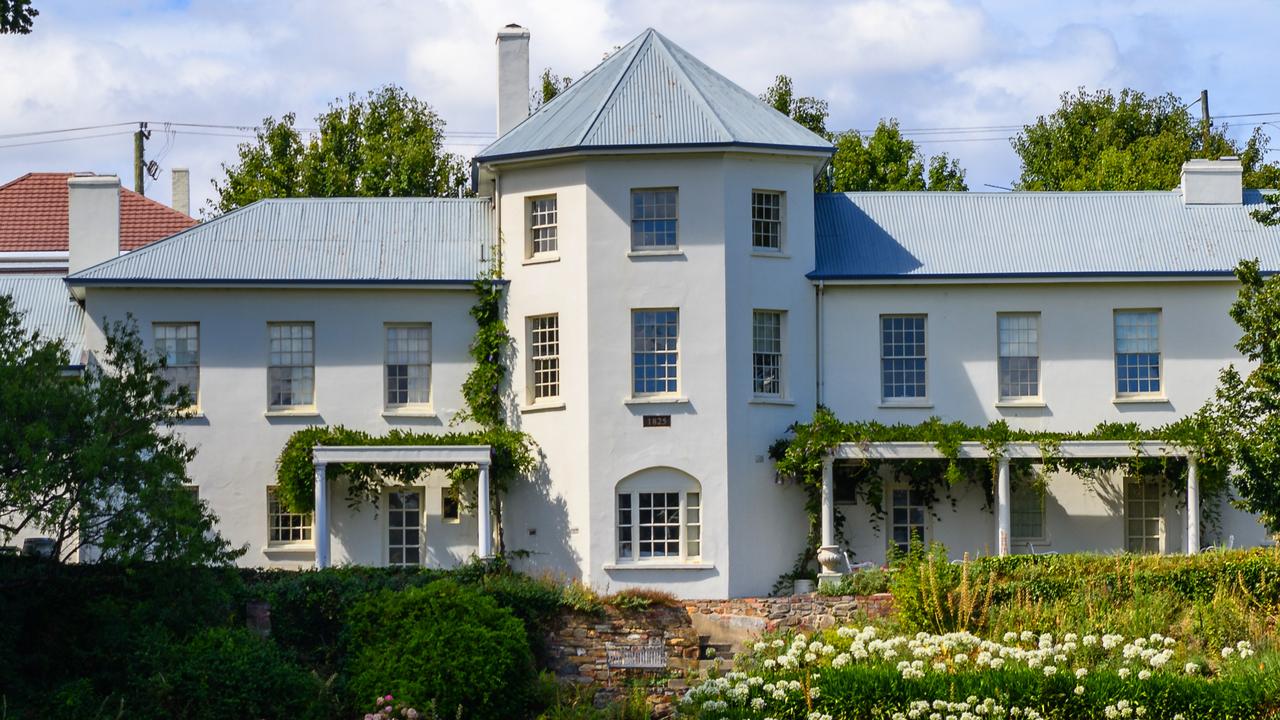Lavender fields forever: Margate farm nearly doubles in size and upgrades with onsite distilling
When it comes to lavender, the old adage of “too much of a good thing” simply doesn’t apply. If you’re a lover of lavender, it’s worth a trip to this Tassie town, with a key company undergoing a massive expansion.
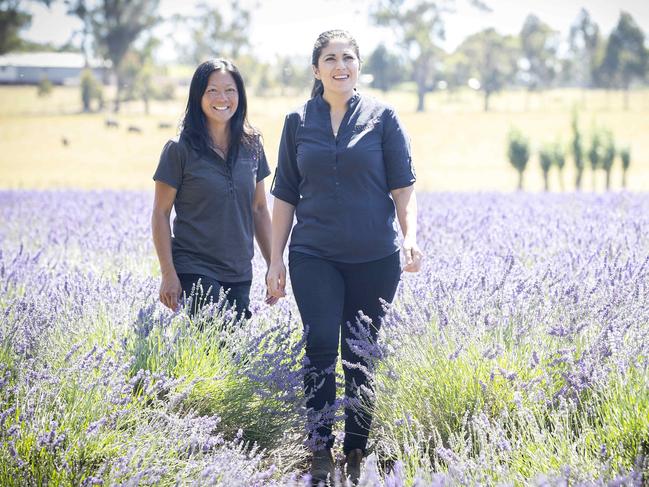
Tasmania
Don't miss out on the headlines from Tasmania. Followed categories will be added to My News.
WHEN it comes to lavender, the old adage of “too much of a good thing” simply doesn’t apply.
In fact, if you’re an admirer of the amethyst, it’s worth a trip to Margate this summer to see what is now almost 15ha of majestic purple fields in full bloom.
Essential Oils of Tasmania, over the past two years, has undergone a major expansion – adding 6ha of lavender to its existing 8.8ha at Brookfield Farm.
The farm’s expanding lavender crop has also recently benefited from a major upgrade in hi-tech irrigation, with a new mobile distillation unit enabling experts to steam distil the plant onsite.
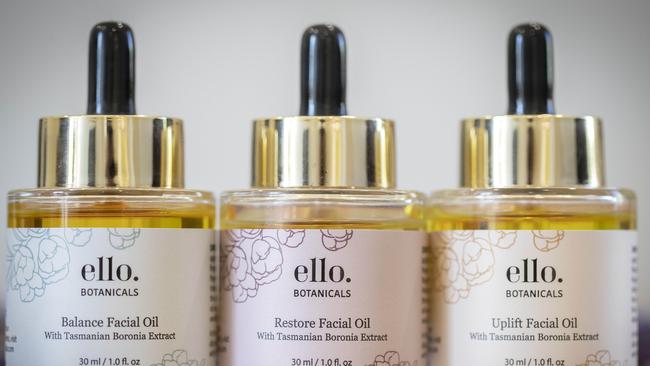
The purple flowers are expected to be harvested this week.
Technical and quality manager Clare McEldowney said the distilled flowers would produce a pure Tasmanian lavender oil known around world-over for its “distinctly sweet” and herbaceous smell.
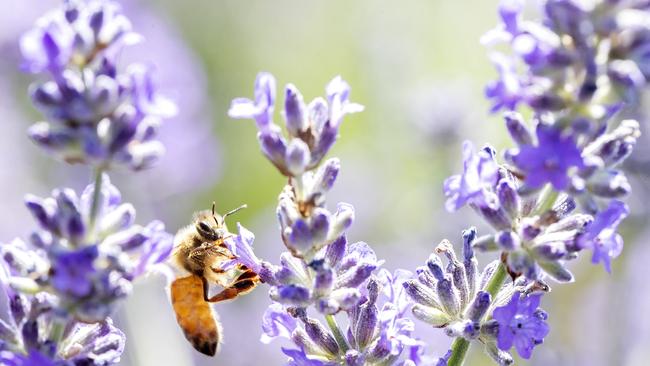
“This year’s spring rains and warm summer days has our Brookfield crop looking especially vibrant, and we are expecting fantastic yields from the distillation process,” she said.
“We always find it stunning and we are all amazed with it every year.”
Ms McEldowney said the Tasmanian subspecies was originally established in the north of the state in the 1920s, with seed collected in Provence, France, but was now recognised globally as its own unique variety.
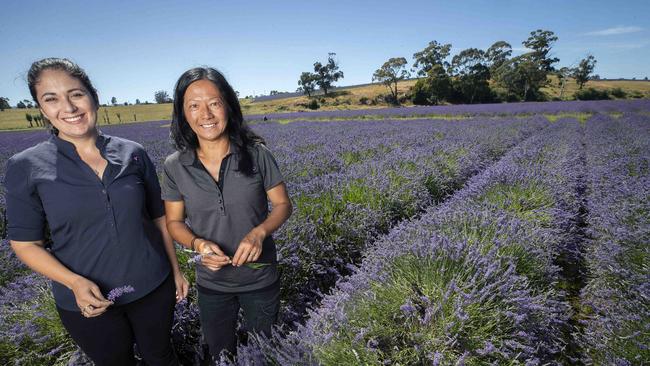
She said the variety was much lower in camphor, which made it highly sought-after, and once distilled, would be distributed interstate and exported worldwide to luxury fragrance, cosmetic and personal care brands.
Essential Oils of Tasmania grows a number of herbaceous plants including boronia, and peppermint, fennel and parsley, which are grown in the Midlands and the northeast.
A few years ago, the company – which has a strong market base in Europe and America – had plans to crack the Chinese market.
Those plans have been hampered by the pandemic, but Ms McEldowney said the company still had its sights set on China.
“Covid has affected the overall demand for all essential oils worldwide but we are still interested in pursuing the Chinese market,” she said.



